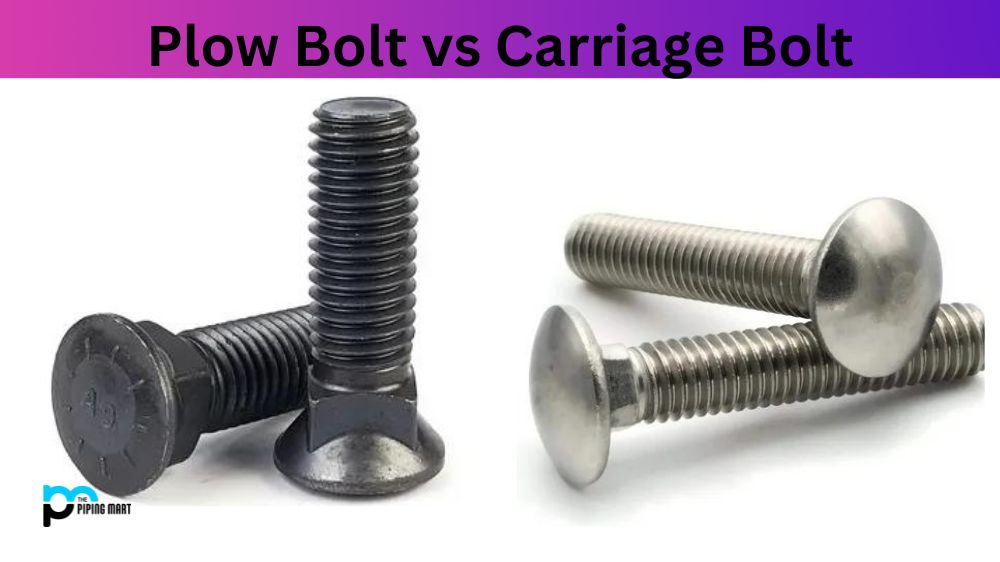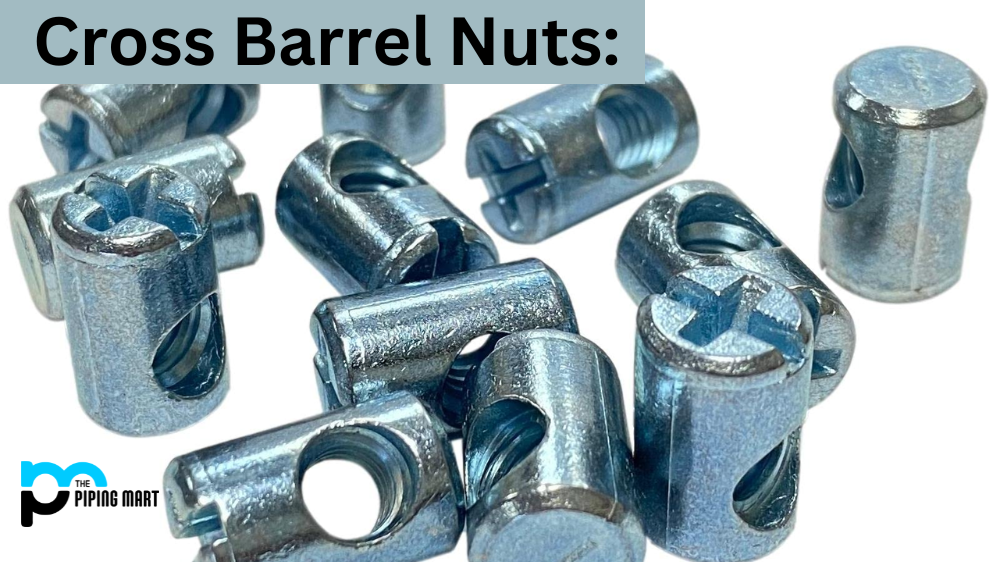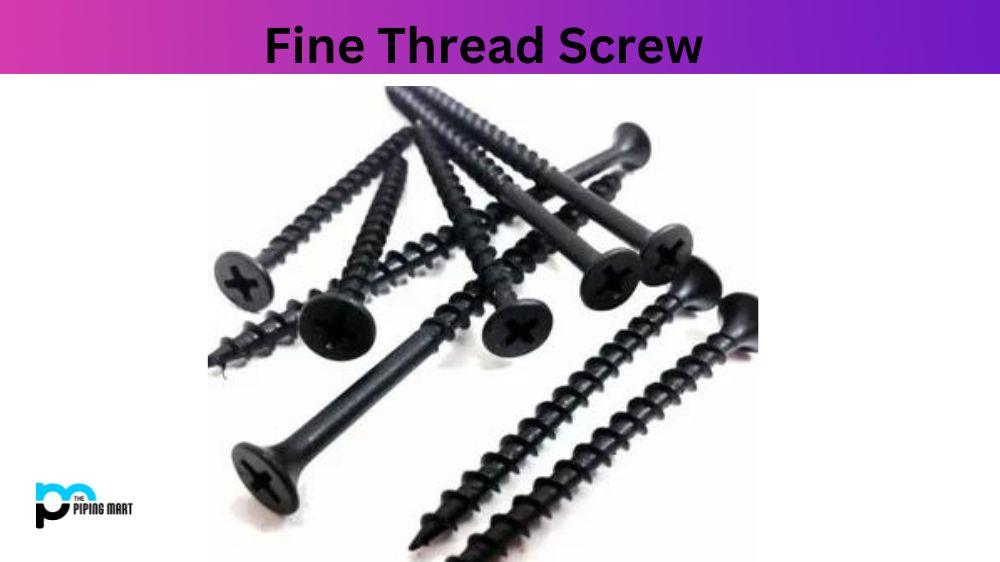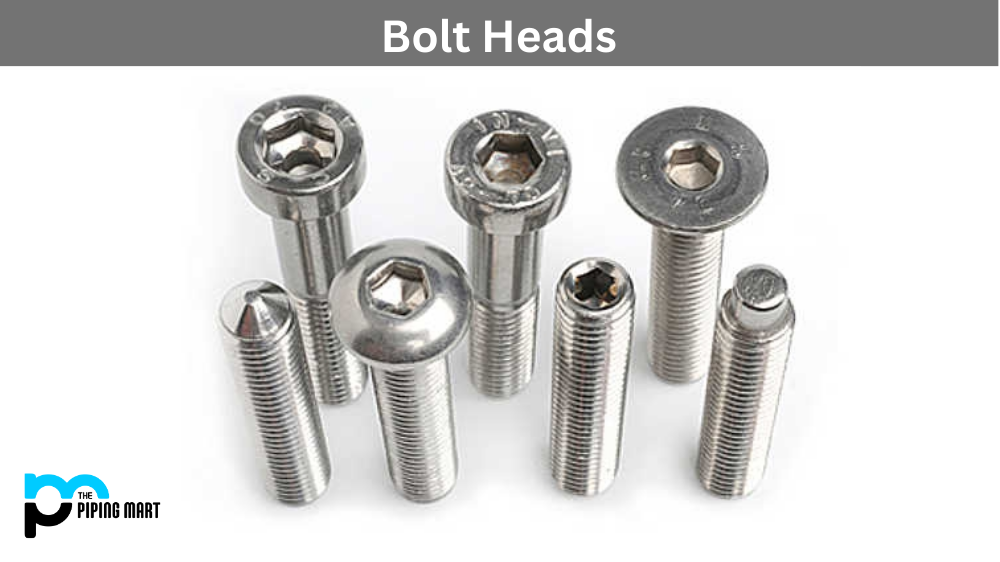Bolts are crucial components in various construction and industrial projects. They come in different types and sizes, each designed for specific applications. Two common variants are the plow bolt and carriage bolt. They may look similar, but each has unique features and benefits. In this blog, we’ll explore the differences between plow and carriage bolts and why you should consider using them in your next project.
What is Plow Bolt?
Plow bolts are specialized fasteners designed specifically for agricultural machinery. Their thick and heavy heads provide maximum strength, while their coarse threads grip the plowshare securely to ensure it stays in place, even in difficult farming conditions. These bolts also have a corrosion-resistant zinc finish that helps prevent rusting and makes them ideal for outdoor applications.
What is Carriage Bolt?
A Carriage Bolt is a fastener typically used to join two pieces of wood or metal together. It has a domed head and square neck that prevents turning when tightened, as well as a threaded shaft secured by nuts or washers. They are commonly used in furniture-building and construction applications. The unique design makes them one of the most secure and reliable ways to combine two materials.
Difference Between Plow Bolt and Carriage Bolt
Design and Appearance
Plow bolts feature a domed head with a square neck underneath. The plow bolt’s head is thicker than the carriage bolt, making it more suitable for heavy-duty applications. The square neck sits inside a square hole in the material, preventing the bolt from turning during tightening. On the other hand, carriage bolts have a round head with a flat top and a square base underneath. The square base keeps the bolt from spinning inside a hole. The carriage bolt’s smooth round head makes it easier to affix objects without scratching or damaging the surface.
Size and Strength
Plow bolts come in larger sizes than carriage bolts, with diameters ranging from 5/16-inch to 1 ¾-inch. They also have greater tensile strength, making them ideal for heavy-duty applications, such as plows, construction machinery, and farm equipment. The larger diameter of plow bolts allows them to withstand greater torque and load capacity. In contrast, carriage bolts come in smaller sizes, ranging from ¼-inch to 1-inch. They have a lower tensile strength than plow bolts, making them suitable for smaller and lighter applications, such as furniture and woodworking projects.
Installation and Fastening
Plow bolts require a specific type of hole that accommodates the square neck of the bolt. The square hole creates a snug fit and prevents the bolt from turning during tightening. Once installed, plow bolts are more secure and will not loosen easily. Carriage bolts, however, need a round hole to be drilled through the material they will be fastening. The round hole allows the carriage bolt to rotate freely, making the installation faster. However, this circular motion could also make the bolt loose if not tightened correctly.
Applications
Plow bolts are commonly used in heavy-duty applications, such as construction machinery, farm equipment, and vehicle frames. They are also ideal for joining thick materials that require extra strength and stability. Carriage bolts, on the other hand, are mostly used in woodworking, furniture assembly, and smaller construction projects. Their smooth, rounded head makes them less obtrusive and a better fit for decorative projects.
Cost and Availability
Plow bolts are generally more expensive than carriage bolts due to their larger size and stronger material. Additionally, they may be harder to find due to their specific design and application. In contrast, carriage bolts are more affordable and readily available, making them popular for many DIY projects.
Conclusion:
In summary, plow and carriage bolts have similar uses in the construction and industrial sectors. However, each bolt has its unique features, benefits and applications. Plow bolts are suitable for heavy-duty applications, while carriage bolts are ideal for lighter projects. By understanding the differences between these bolts, you can choose the right bolt for your next project and ensure that it meets all your needs perfectly.

Abhishek is a seasoned blogger and industry expert, sharing his insights and knowledge on various topics. With his research, Abhishek offers valuable insights and tips for professionals and enthusiasts. Follow him for expert advice on the latest trends and developments in the metal industry.




